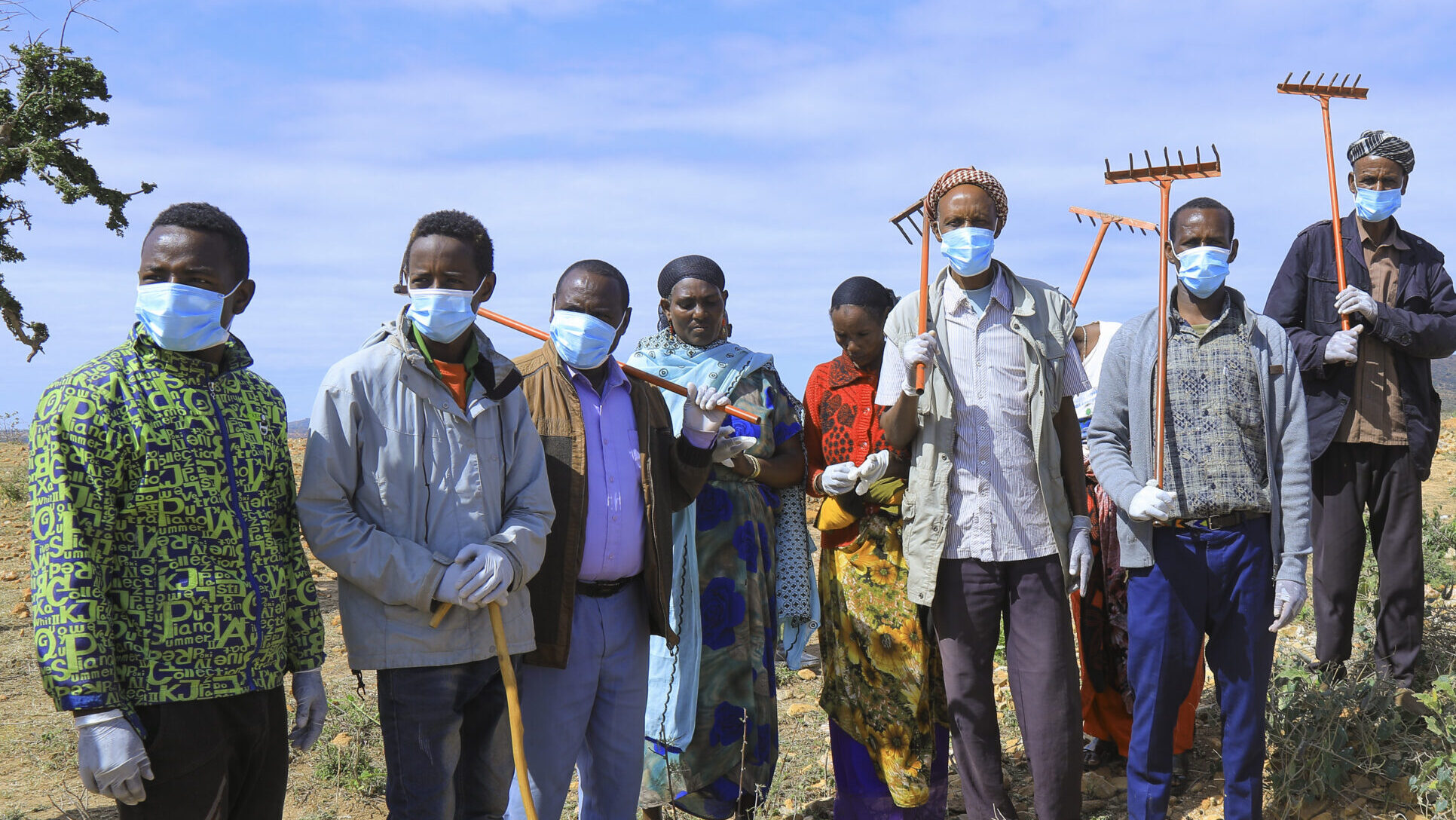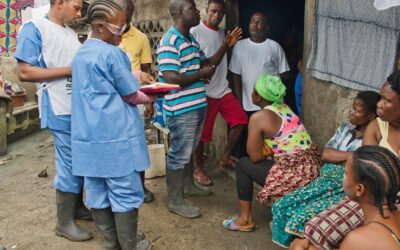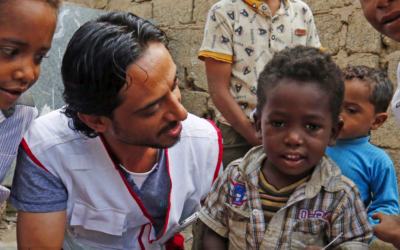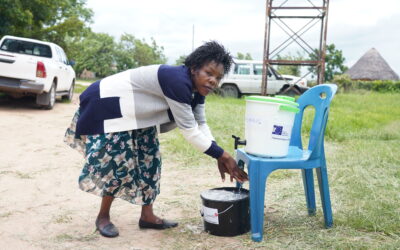The rapid spread of Omicron since late November 2021 has put new pressure on healthcare systems throughout Africa and the world. New data about this Covid-19 variant is also developing rapidly, and Dr. Opeayo Ogundiran, epidemiologist with the Emergency Preparedness and Response program at the WHO Regional Office for Africa in Brazzaville, took the journalists through the five most urgent facts to know when reporting on Omicron. Cyrille Hommell, Data Engineer at the International Federation of Red Cross and Red Crescent Societies (IFRC), took journalists on a tour of the Covid-19 Behavioural Dashboard, an online tool that measures and tracks key social behavioural data on Covid-19 from multiple research projects conducted in the field or at the global level. The Dashboard, created by the Collective Service for Risk Communication and Community Engagement (RCCE), provides real-time country-specific data that can help journalists track the spread and impact of the Covid-19 pandemic in their communities. This Media Dialog provided ample time for Q&A with the experts, so journalists are encouraged to bring their questions to the event. This Media Dialog was brought to you by the Media Taskforce of the Eastern and Southern Africa Inter-Agency working group for Risk Communication and Community Engagement. Wayne Sharpe of the Internews Rooted in Trust Covid-19 communications project, and Tole Nyatta of the Internews Health Journalism Network co-moderated the discussion.
Building Trust and Resilience for Better Outbreak Response in East and Southern Africa
Trust in health authorities and health services before, during and after public health emergencies is critical. Where higher level of trust in health authorities exists, communities are more likely to follow public health recommendations and seek health care, resulting in more rapid and effective outbreak response.
An erosion of trust in health services and the health system more broadly can result in families being less likely to seek health care when needed, including critical preventative care such as immunisation services, undermining the public health system.





